From Boomers to Gen Z, each generation views climate change with different fears and priorities.
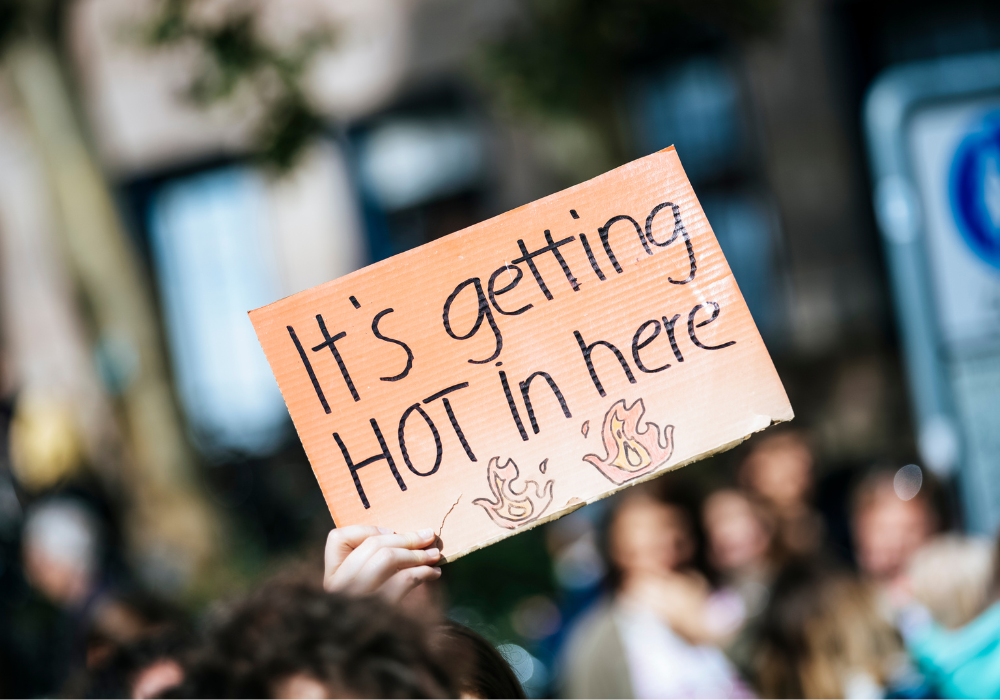
Climate change is no longer just a scientific or political issue—it’s also a generational one. While older Americans often focus on costs, jobs, and gradual adaptation, younger generations see the crisis as an existential threat demanding urgent action. From Boomers to Gen Z, each age group brings its own fears, priorities, and solutions to the table. These differences are creating sharp divides in how society debates and responds to a warming planet.
1. Why Boomers Often See Climate Change as a Distant Problem
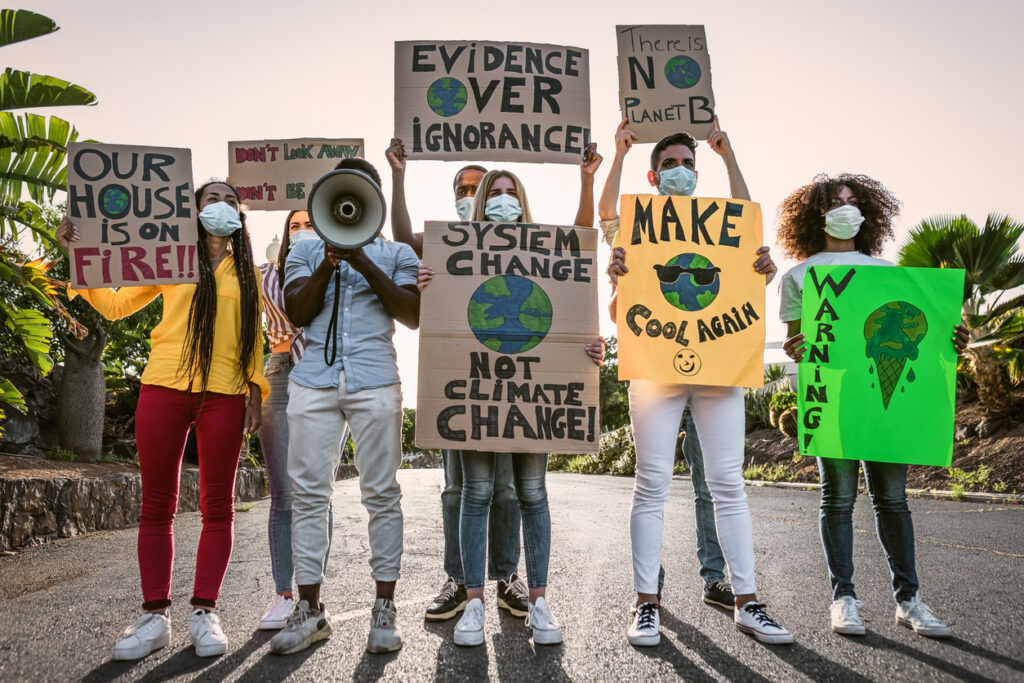
For many Baby Boomers, climate change feels more like a challenge for future generations. Having already lived through decades of economic and political shifts, they often prioritize stability and cost over aggressive action. Some see environmental regulations as burdensome or disruptive to jobs and industries.
This perspective doesn’t always reflect denial but rather a belief that gradual adaptation is sufficient, as stated by USA Today. The result is a cautious stance that clashes with younger generations who view the crisis as immediate and urgent.
2. Millennials Feel the Economic Toll in Real Time

Millennials are the first generation to experience major life decisions disrupted by climate change. Rising insurance premiums, property risks, and extreme weather events directly affect where they live and how they build wealth. Many see their economic futures as threatened by a warming planet.
As a result, they often push for stronger policies and corporate accountability. For them, climate change isn’t abstract—it’s tied to housing affordability, career stability, and the security of their families, Reader’s Digest reported. That urgency shapes their willingness to embrace systemic change.
3. Gen Z Frames Climate Change as an Existential Threat
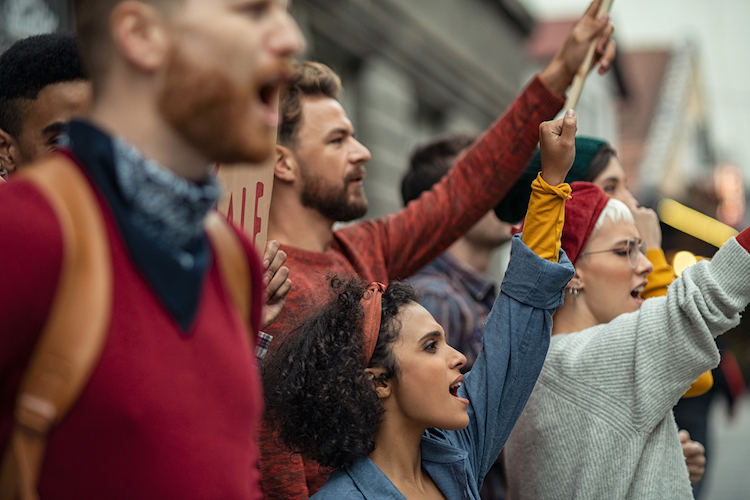
Gen Z is the most vocal generation in calling climate change a crisis that could define their lifetime. With access to social media and global activism, they see scientific warnings daily and translate them into urgent calls for action. To them, delay feels like a direct threat to survival.
This intensity has fueled climate marches, lawsuits, and widespread activism. Many in Gen Z believe that failing to act decisively now will permanently close the window for solutions, Yahoo! Life shared. Their sense of urgency often puts them at odds with older adults who prefer slower approaches.
4. Why Political Divides Deepen the Generational Split

Generational views on climate change are magnified by politics. Older Americans tend to lean conservative, where climate action may be framed as costly or unnecessary. Younger adults lean more progressive, where urgency and investment in green energy are emphasized.
These partisan divides make the generational rift even sharper. For many families, debates over climate policy are also debates over political identity. This overlap complicates finding common ground and fuels frustration between age groups.
5. Jobs and the Economy vs. Planetary Survival

Older generations often emphasize the importance of protecting industries like manufacturing, oil, and gas that sustained their careers and communities. For them, the risks of rapid climate policies include job losses and economic disruption.
Younger generations, however, see long-term economic ruin if climate change isn’t addressed quickly. They argue that sustainable industries can create new jobs while protecting the planet. This tension between preserving the past and investing in the future is one of the sharpest divides between age groups.
6. Technology Sparks Hope in Some, Skepticism in Others
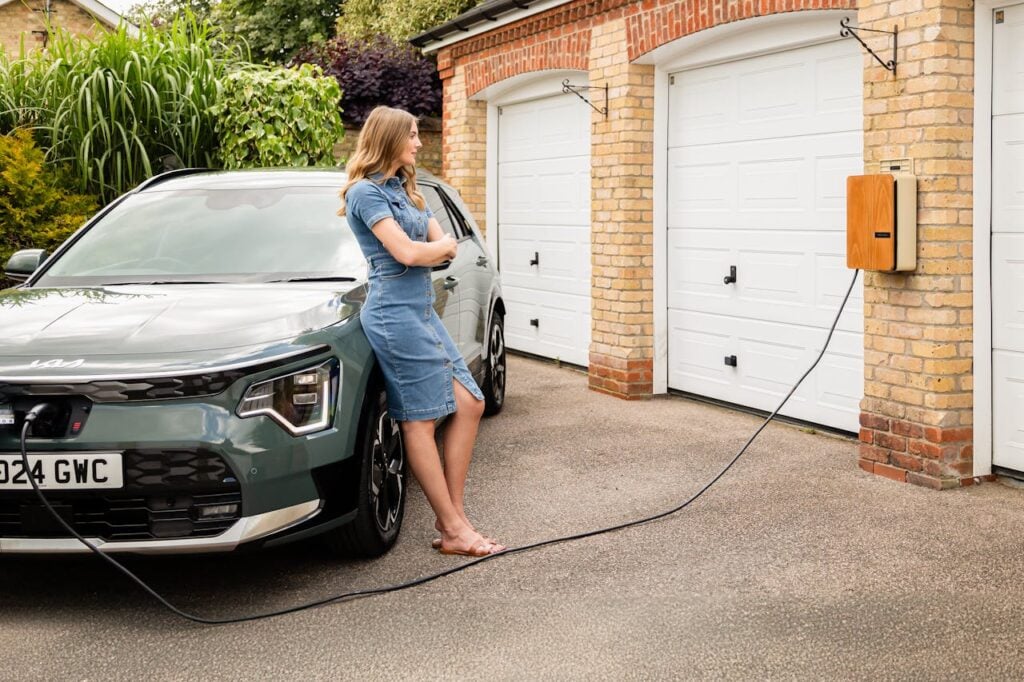
Boomers often view new climate technologies—such as electric vehicles or renewable energy—with cautious optimism or skepticism. Concerns about affordability, reliability, or government subsidies frequently surface in their conversations.
Younger generations, by contrast, embrace these technologies as necessary and achievable. For them, innovation is the pathway to survival, not just an optional upgrade. This optimism about tech solutions often drives faster adoption among Millennials and Gen Z, widening the cultural gap with older generations.
7. Climate Disasters Hit Younger Generations Harder
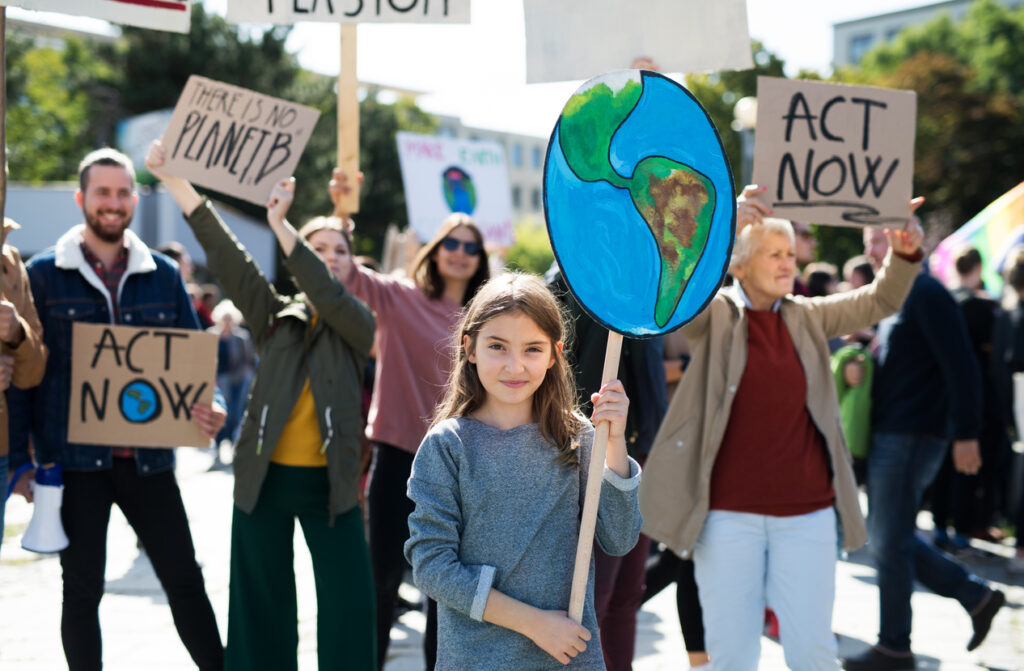
Extreme weather events like hurricanes, wildfires, and floods are reshaping the lives of Millennials and Gen Z in ways Boomers didn’t face at the same age. Younger adults are more likely to see their homes, jobs, and communities disrupted by these disasters.
These direct experiences make the crisis deeply personal. While Boomers may read about disasters, younger generations increasingly live through them. This firsthand exposure intensifies their demand for urgent action and explains why they often express higher levels of climate anxiety.
8. Faith in Institutions Differs by Age Group
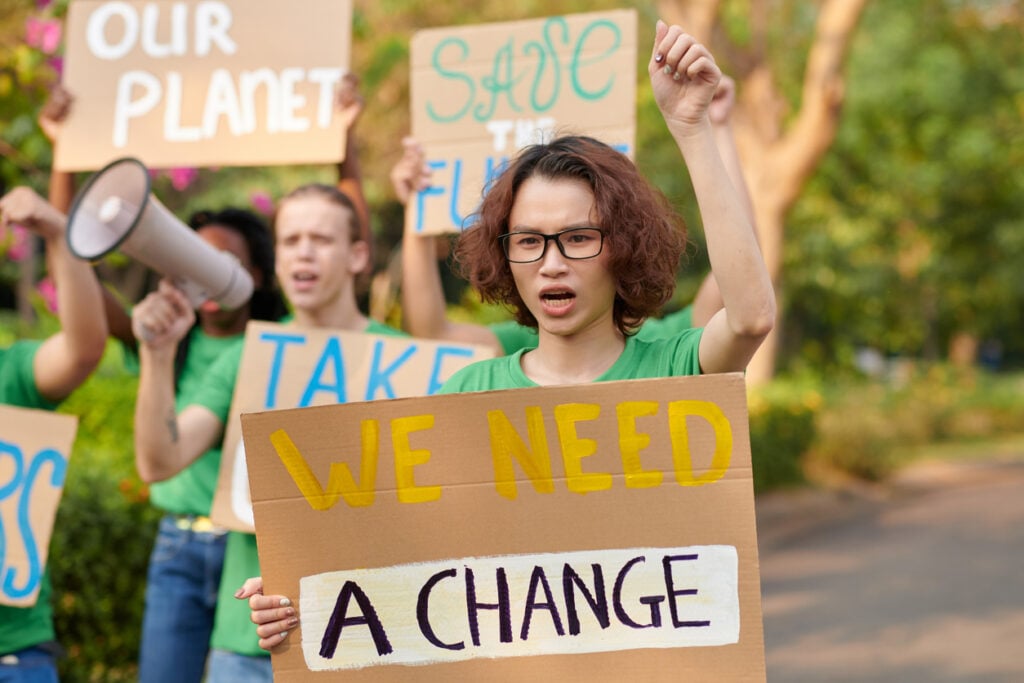
Boomers often place faith in governments and markets to adapt gradually to climate change. They tend to trust that institutions will eventually respond effectively without drastic disruption.
Younger generations are less confident. Many Millennials and Gen Z view governments and corporations as slow to act, prioritizing profit or politics over solutions. This distrust fuels activism, protests, and calls for sweeping reforms that older adults may view as radical.
9. Generational Wealth Shapes Climate Priorities

Boomers often have more financial resources, allowing them to insulate themselves from climate risks with insurance, relocation, or investments. Younger adults, facing student debt and higher living costs, lack that buffer.
This disparity fuels resentment. Millennials and Gen Z see themselves inheriting the brunt of climate costs while Boomers remain relatively shielded. The imbalance reinforces the belief that urgent climate action is not just environmental, but also a matter of generational fairness.
10. Climate Anxiety Is Generationally Uneven

Younger people consistently report higher levels of climate anxiety than older adults. Many Millennials and Gen Z feel a constant undercurrent of stress about the future, shaping decisions about careers, family, and where to live.
Boomers, meanwhile, often see these fears as exaggerated or premature. The difference in emotional responses highlights just how differently generations experience the same issue. For one group, it’s a background worry; for the other, it’s a defining pressure on daily life.
11. Bridging the Divide Requires Shared Vision
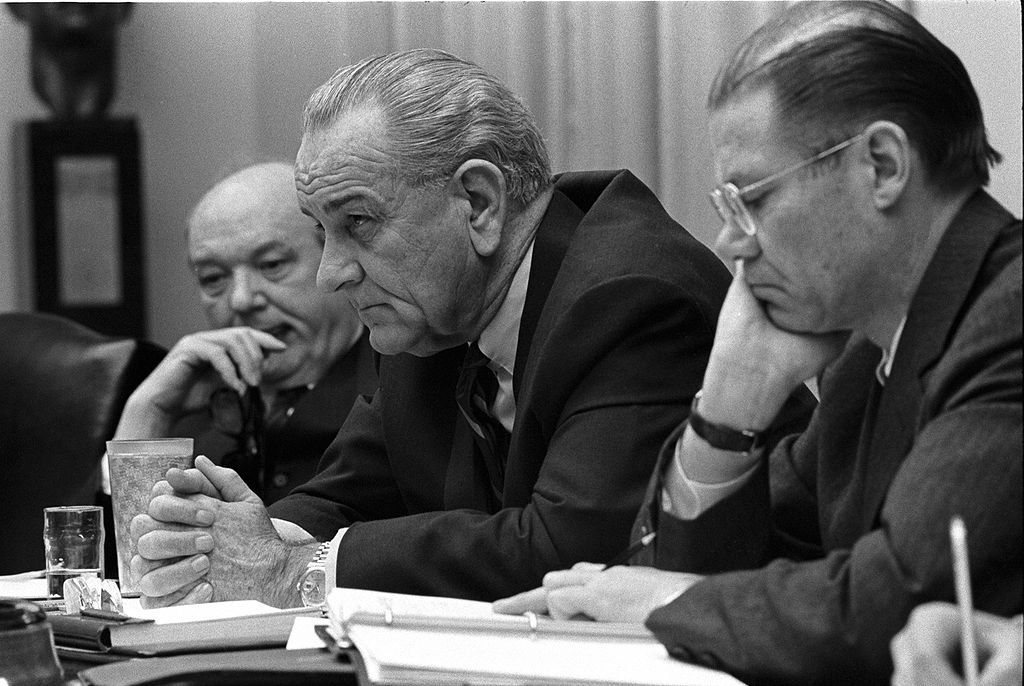
Experts say bridging this divide starts with finding common ground. Boomers bring experience, stability, and institutional knowledge, while younger generations bring urgency, energy, and fresh ideas. When combined, these strengths can shape effective solutions.
Closing the gap requires dialogue across generations rather than blame. By focusing on shared goals like healthier communities, economic opportunity, and a livable planet, families and policymakers may begin to transform generational conflict into collaboration.
